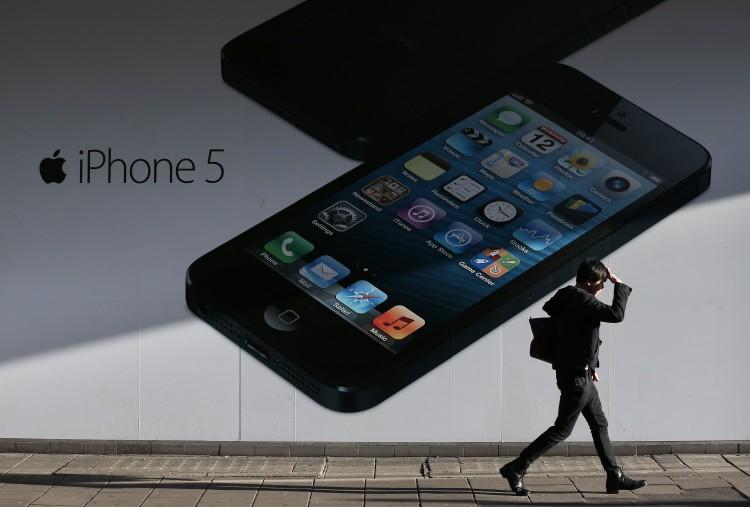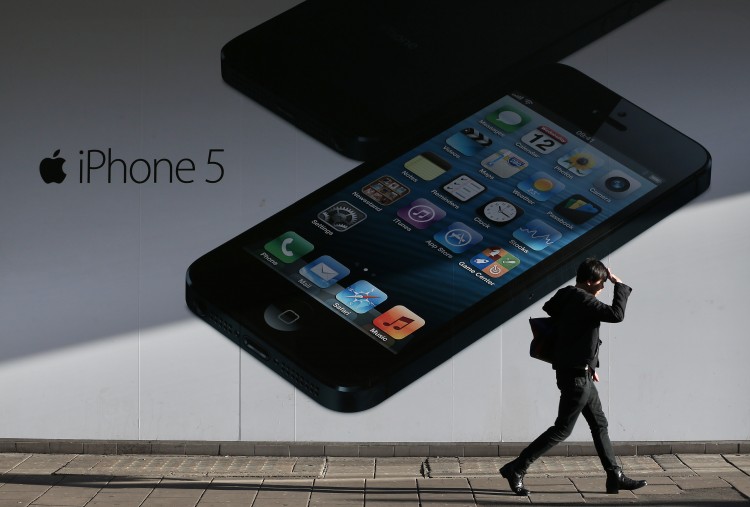Hedge fund manager David Einhorn launched a PR offensive to prompt Apple Inc. to disperse more of its cash to unlock shareholder value. He also sued the company for wanting to eliminate preferred stocks from its corporate charter.
“As holders of more than 1.3 million Apple shares, Greenlight is alarmed that Apple is attempting to eliminate preferred stock from its corporate charter, hindering its ability to unlock value for shareholders,” says a press release by Greenlight Capital, a hedge fund headed by Einhorn. Its stake was worth $608 million as of Feb. 7.
Einhorn, who famously shorted Lehman Brothers shares prior to its collapse, says that Apple is going against SEC rules to push through a proposal to eliminate preferred dividends.
He claims that SEC rules stipulate that a company cannot tie different issues to one vote. Apple is having shareholders vote on the proposal to eliminate preferred dividends and two other issues. Einhorn wants to preserve the company’s ability to issue preferred dividends and on Feb. 7 launched a PR campaign to push Apple to issue preferred shares. Einhorn thinks that Apple has been too conservative in hoarding its cash and thinks more of it should be disbursed.
“With this conservative action, Greenlight believes the Board could unlock hundreds of billions of dollars of latent shareholder value,” the fund says. Einhorn claims that issuing $50 billion worth of preferred shares yielding 4 percent would unlock $30 billion in value, boosting Apple’s share price. Details as to how Greenlight arrived at their numbers were not included in the statement.
Einhorn says that investors will reassess the value of the company’s cash and can take advantage of tax benefits that preferred shares carry.
Apple Denies Allegations
In a press release issued Feb. 7, Apple denied allegations that it wanted to eliminate preferred shares completely.







